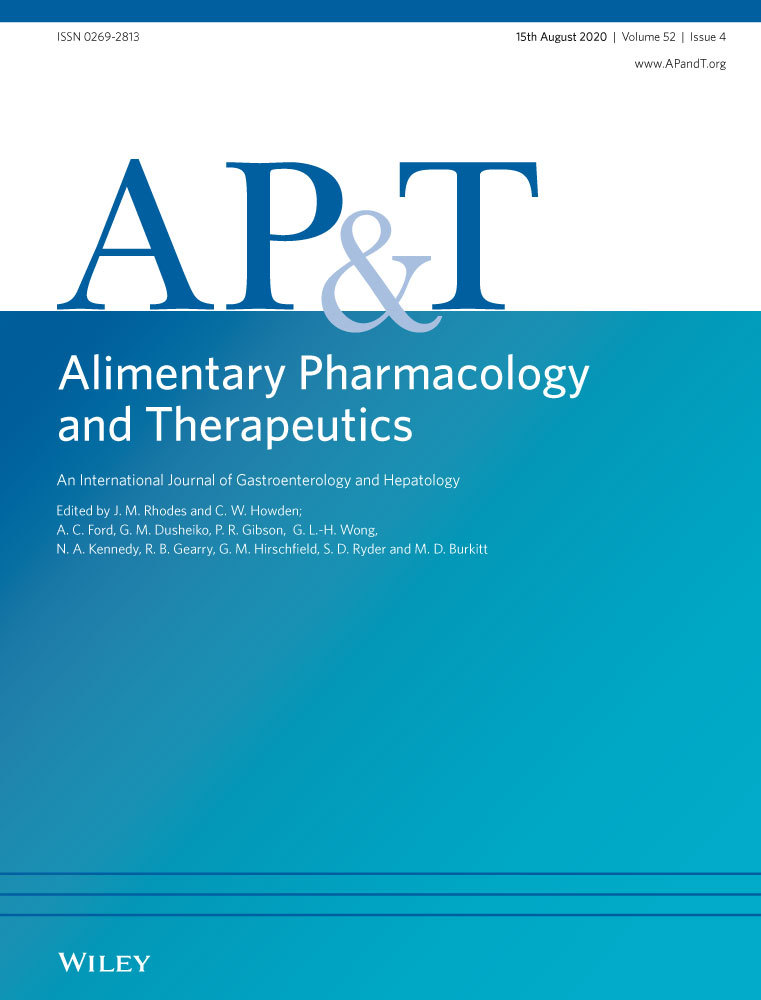Large-scale genome-wide association study identifies HLA class II variants associated with chronic HBV infection: a study from Taiwan Biobank
The Handling Editor for this article was Professor Grace Wong, and it was accepted for publication after full peer-review.
Authors’ complete affiliations are listed in Appendix A.
Funding information
This study was supported by research grants from the Ministry of Science and Technology, Taipei, Taiwan (grant number: 105-2628-B-010-003-MY4, 107-2314-B-010-004-MY2). None of the funding organisation played a role in the study design and conduct; data collection, management, analysis, and interpretation; data preparation and review; or manuscript approval.
Summary
Background
Chronic hepatitis B virus (HBV) infection is a great health burden with geographical variations.
Aims
To explore genetic variants associated with chronic HBV infection.
Methods
The study included 15 352 participants seropositive for HBV core antibodies in Taiwan Biobank. Among them, 2591 (16.9%) seropositive for HBV surface antigen (HBsAg) were defined as having chronic HBV infection. All participants were examined for whole-genome genotyping by Axiom-Taiwan Biobank Array. The human leucocyte antigen (HLA) imputation was performed after identification of the variants within the region. Logistic regressions were used to estimate odds ratios (ORs) with 95% confidence intervals. Correlations of different HLA allele frequencies with HBsAg seroprevalence were evaluated across worldwide populations by Pearson correlation coefficients. Epitope prediction was performed for HLA alleles using NetMHCIIpan method.
Results
Located within a cluster of 450 single nucleotide polymorphisms in HLA class II, rs7770370 (P = 2.73 × 10−35) was significantly associated with HBV chronicity (Pcorrected < 8.6 × 10−8). Imputation analyses showed that HLA-DPA1*02:02 and HLA-DPB1*05:01 were associated with chronic HBV, with adjusted ORs of 1.43 (1.09-1.89) and 1.61 (1.29-2.01). These allele frequencies were positively correlated with global HBsAg seroprevalence, with R of 0.75 and 0.62 respectively (P < 0.05). HLA-DRB1*13:02, HLA-DQA1* 01:02 and HLA-DQB1*06:09 associated with HBV chronicity negatively, with adjusted ORs of 0.31 (0.17-0.58), 0.70 (0.56-0.87) and 0.33 (0.18-0.63). These HLA alleles had various binding affinities to the predicted epitopes derived from HBV nucleocapsid protein.
Conclusions
HLA class II variants are relevant for chronicity after HBV acquisition.




